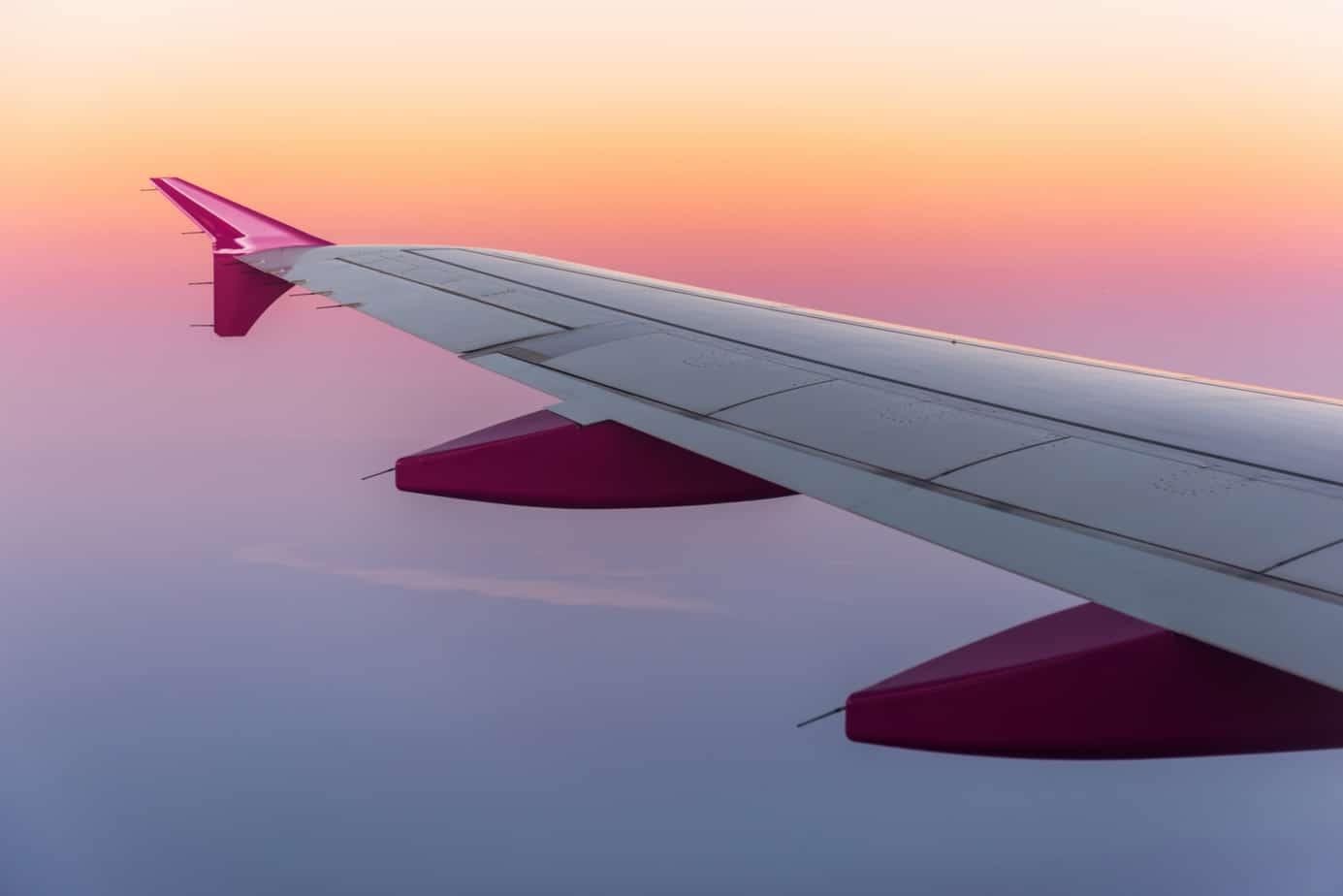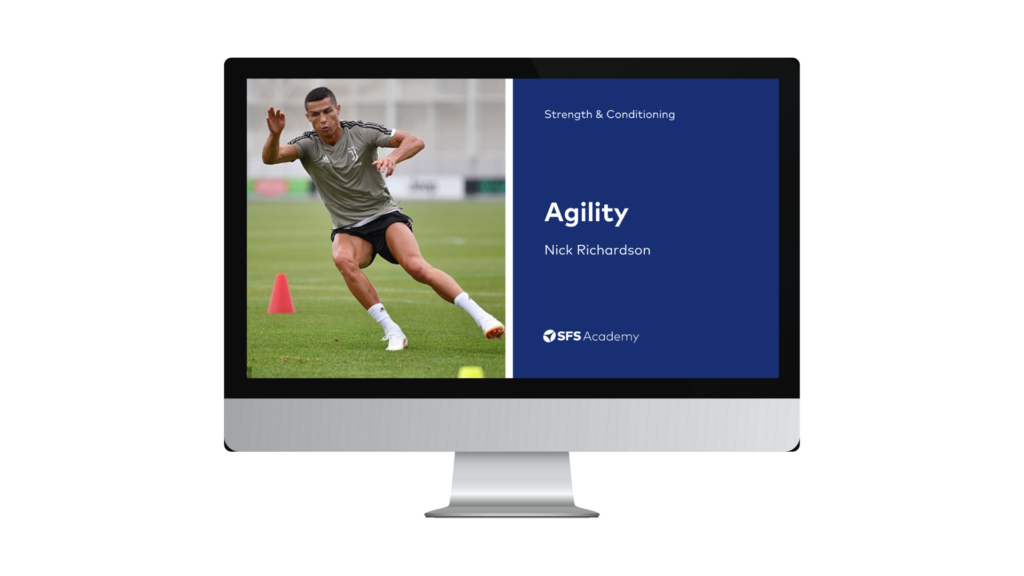How athletes can make plane travel easier on their bodies
Jet lag and travel fatigue are no fun for anyone – but here’s some tricks and tips to combat them.
How can athletes combat the effects of plane travel?
Athletes have travelled to compete in sports as early as 776 BC, the year of the very first ancient Olympics. They travel for multiple reasons including better weather, to compete for more money, and the chance to test themselves against the very best. But travelling often creates challenges for athletes and has been shown to negatively impact performance, a leading sports researcher says.
“In the past, athletes faced many challenges with some enduring long travel times. The 1930 FIFA World Cup in Uruguay is said to be one of the first competitions which was attended by multiple nations and athletes. At the time, travelling to Uruguay was not easy [relative to today] and took several days for some teams and athletes who travelled by boat,” explained acclaimed sports researcher Dr Michele Lo during his Science for Sport Presentation titled ‘The Effects of Travel on Athletes’ Performance’.
Today, the logistical challenges of travelling are not the most impactful on performance. Instead, Lo explains there are two other reasons why travel is detrimental to performance.
“Travel fatigue and jet lag are the often unavoidable symptoms of travel which detrimentally impact sports performance,” said Lo.
Travel symptom 1 – travel fatigue
Travel fatigue is a post-travel state of weariness and “occurs every time we travel and is a result of physiological, psychological, and environmental factors,” according to Lo.
Physiological factors include the position athletes sit in as they travel. Human bodies are not made to sit in a cramped position for an extended period of time and this leads to stiffness and muscle soreness.
Also, travel fatigue can be worsened by psychological stresses.
“The fear of flying, baggage claims, forgetting your passport, and arriving on time are examples of what can cause psychologically-derived travel fatigue,” said Lo.
“Finally, environmental factors lead to travel fatigue. Dehydration, air conditioning, and altitude exposure [cabin pressure on planes] are all common reasons why athletes feel fatigued after they travel.”
These factors work collectively to stress our bodies and minds, causing a negative response and therefore impact on athletic performance. They can take effect even from a single journey, but they are compounded if athletes continue to travel across their sports season.
Lo explained: “Travel fatigue affects athletes’ performance acutely and over time, but can be reduced through effective travel planning – to ensure the smoothest journey – and can be reduced by keeping your body moving when travelling with stretches and wearing compression garments.
“To further mitigate travel fatigue, you should allow your athletes a good night’s sleep after they travel and before a competition. Research has shown that rest and sleep are the most effective way to mitigate travel fatigue.”
For example, if an athlete is competing on a Sunday, it would be better for them to travel on Friday to allow a day of recovery on Saturday.
Travel symptom 2 – Jet lag
Jet lag is different from travel fatigue in that it only occurs when there is a desynchronisation of circadian rhythm (a pattern of human bodily function – for instance, a human’s wake-sleep cycle).
“Jet lag does not occur every time athletes travel but the effects of the symptom are compounded the more timezones crossed,” explained Lo. “Circadian rhythms last about a day, and typically, athletes recover from jet lag at a rate of one day per timezone crossed.”
Flying from Dubai to London, for example, crosses three timezones and generally takes about eight hours of flying time.
Jet lag causes our body to fall out of sync with its regular processes and that reduces athletes’ chances of performing at their best. To combat jet lag, Lo outlined a number of strategies:
- Avoid bright lights before sleep when adjusting to a new timezone.
- Exercise post-travel.
- Adjust to the new timezone before you travel.
- Consume sleeping tablets and/or caffeine to delay the onset of jet lag.
- Check melatonin (sleep hormone) levels and amend with supplementation.
Dr Michele (Mick) Lo completed his PhD in 2018 at Victoria University in Melbourne with a thesis on the effects of travel on professional rugby union players. In the past, he completed a Bachelor’s degree in Sports Science (2007) at the University of Milan, Italy, a Master’s in Sports Science and Exercise Physiology (2009) at the University of Brescia, Italy and a Bachelor in Physiotherapy (2013) at the University of Brescia and Universidad Francisco Vitoria in Madrid, Spain.




